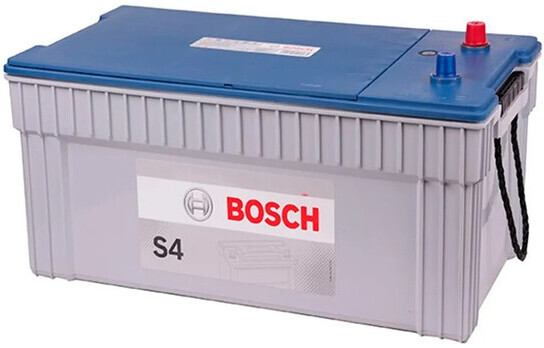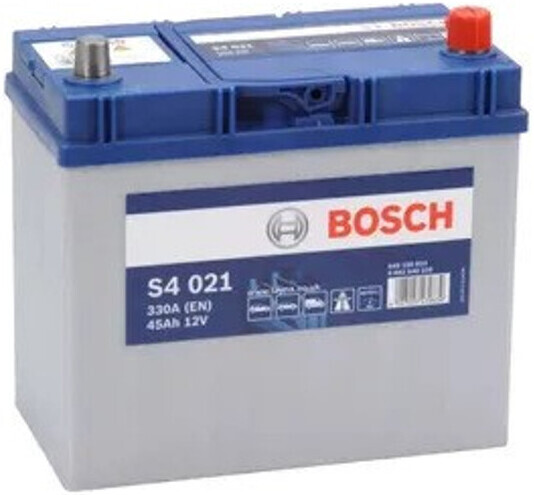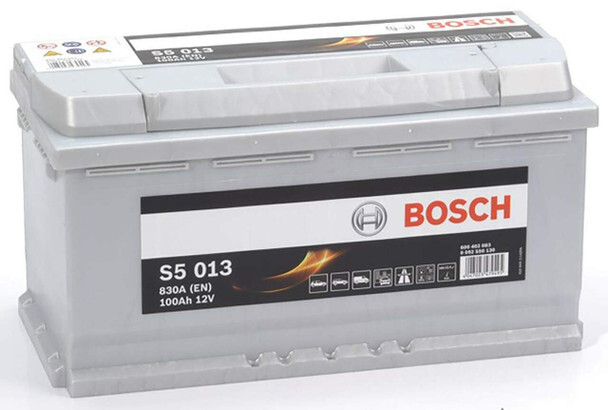How to Safely Store and Handle Car Batteries in an Industrial Setting
Introduction
Car batteries are essential power sources for various industrial applications, including backup power for vehicles, machinery, and emergency systems. However, improper storage and handling can lead to hazards such as leaks, fires, corrosion, and reduced battery lifespan. To ensure safety and efficiency, industries must follow best practices when storing and handling car batteries.
This guide provides essential storage and handling tips to help prevent damage, prolong battery life, and maintain a safe working environment.
Key Takeaway
- Choose the Right Storage Conditions – Store car batteries in a cool, dry, and well-ventilated area away from direct sunlight, heat sources, and flammable materials.
- Maintain Proper Battery Positioning – Always store batteries upright to prevent electrolyte leakage and ensure adequate spacing for air circulation.
- Regular Maintenance is Essential – Check battery voltage every 2–3 months, clean terminals to prevent corrosion, and recharge periodically to avoid deep discharge.
Bosch Automotive and Starter Battery S4 200AH 12V
Best Practices for Storing Car Batteries in an Industrial Setting
Choosing the Right Storage Area
To prevent premature battery degradation and safety risks, batteries should be stored in an appropriate location. The ideal storage area should be:
-
Cool and Dry – High temperatures accelerate battery self-discharge and internal damage. The storage area should maintain a temperature between 10°C and 25°C (50°F–77°F).
-
Well-Ventilated – Lead-acid and lithium-ion batteries release gases that can be hazardous in enclosed spaces. Ensure proper ventilation to reduce gas buildup.
-
Away from Direct Sunlight & Heat Sources – Excessive heat can cause battery swelling, leakage, or explosion. Batteries should be stored away from furnaces, radiators, or direct sunlight.
-
Separate from Flammable Materials – Keep batteries at a safe distance from oil, fuels, and other flammable substances to minimize fire risks.
Proper Battery Positioning
-
Store batteries upright to prevent electrolyte leakage.
-
Use sturdy racks or shelves to avoid stacking pressure that can damage battery casings.
-
Ensure adequate spacing between batteries for proper air circulation.
Temperature and Humidity Control
-
Maintain a consistent temperature to prevent excessive expansion and contraction of battery components.
-
Avoid storing batteries in high-humidity environments, as moisture can lead to terminal corrosion and short circuits.
Battery Shelf Life Considerations
-
Car batteries self-discharge over time, even when not in use.
-
Check the manufacture date before storage and avoid keeping batteries beyond 6–12 months without proper maintenance.
Tesla Power USA 74Ah Car Battery TPXXDIN74L
Safe Handling Procedures for Car Batteries
Using Proper Protective Gear
When handling car batteries, always wear:
-
Insulated gloves to prevent acid burns and electrical shocks.
-
Safety goggles to protect eyes from leaks or battery explosions.
-
Long-sleeved clothing to minimize skin exposure to harmful chemicals.
Lifting and Transporting Batteries Safely
-
Always use both hands when lifting a battery to prevent dropping.
-
For heavier batteries, use a battery lifter or a mechanical hoist.
-
Never carry a battery by its terminals or cables, as this can cause internal damage.
Inspecting for Damage Before Use
Before installing or using a stored battery, check for:
-
Bulging or swelling, which indicates internal damage.
-
Cracks or leaks, which can cause acid spills.
-
Corroded terminals, which reduce electrical conductivity.
Neutralizing Acid Spills
In case of a battery acid leak, follow these steps:
-
Wear protective gear before handling the spill.
-
Neutralize the acid with baking soda (for lead-acid batteries) or a manufacturer-recommended solution.
-
Clean up the spill using a non-metallic tool and absorbent material.
-
Dispose of contaminated materials as per hazardous waste guidelines.
Bosch Automotive and Starter Battery S4 45AH 12V
Battery Maintenance During Storage
Proper maintenance of stored car batteries is essential to prevent capacity loss and ensure reliability when needed. Below are some critical steps to keep your batteries in optimal condition.
Regular Voltage Checks
-
Car batteries self-discharge over time, leading to power loss.
-
Use a multimeter to check the voltage every 2–3 months.
-
For lead-acid batteries, ensure the voltage does not drop below 12.4V; otherwise, recharge immediately.
Cleaning and Terminal Protection
-
Dust and corrosion can build up on battery terminals, affecting performance.
-
Use a wire brush and baking soda solution to clean corrosion.
-
Apply petroleum jelly or anti-corrosion spray on terminals to prevent future buildup.
Charging Stored Batteries Periodically
-
Lead-acid and lithium-ion batteries should be charged every 3–6 months if not in use.
-
Use a trickle charger or battery maintainer to avoid deep discharge, which can permanently damage the battery.
-
Avoid overcharging, as excessive voltage can cause battery overheating and degradation.
Common Mistakes to Avoid
Many industries make simple yet costly mistakes when storing and handling car batteries. Avoiding these errors can increase battery longevity and prevent hazardous incidents.
-
Stacking Batteries Improperly – Placing heavy batteries on top of each other can cause physical damage and electrolyte leakage. Always store batteries on stable racks in an upright position.
-
Ignoring Expiry Dates – Batteries have a limited shelf life, even when unused. Always rotate stock, using older batteries first before newer ones.
-
Storing Batteries Near Flammable Materials – Keep batteries away from fuels, solvents, and other flammable items to minimize fire risks.
-
Neglecting Battery Inspections – Failing to regularly check batteries for leaks, corrosion, or voltage levels can lead to unexpected failures and safety hazards.
-
Using Incorrect Charging Equipment – Overcharging or using an incompatible charger can damage battery cells and shorten lifespan. Always follow the manufacturer's recommended charging specifications.
Bosch Automotive and Starter Battery S5 100AH 12V
Frequently Asked Questions
1. How long can a car battery be stored without use?
A car battery can be stored for 6–12 months without significant degradation if kept in the right conditions. However, it should be charged every 3–6 months to prevent deep discharge.
2. What is the best way to transport car batteries safely?
Car batteries should be kept upright in a secure container. Avoid tilting or dropping them, and always use insulated gloves when handling to prevent acid exposure or electrical shocks.
3. How can I tell if a stored battery is still usable?
Check the voltage with a multimeter—a fully charged 12V battery should read 12.6V–12.8V. Also, inspect for swelling, leaks, or corrosion before use.
4. Can I store car batteries in a metal container?
It is not recommended, as metal can cause accidental short-circuiting if battery terminals come into contact with it. Instead, use a non-conductive plastic or wooden storage rack.
5. What should I do if a car battery starts leaking during storage?
Immediately neutralize the spill using baking soda (for lead-acid batteries) and clean it up with an absorbent material. Dispose of damaged batteries following hazardous waste regulations.
Related Articles
Bosch Batteries in Nigeria: Features, Benefits, and Where to Buy
Understanding Tubular Batteries: Benefits, Applications, and Maintenance
Conclusion
Proper storage and handling of car batteries in an industrial setting are essential for safety, efficiency, and longevity. By following the best practices outlined in this guide—such as choosing the right storage area, handling batteries with care, conducting regular maintenance, and avoiding common mistakes—you can significantly reduce risks and extend battery life.
A well-maintained battery not only enhances machine performance but also minimizes unnecessary replacements and operational downtime. Implement these safety measures to protect your investment and ensure uninterrupted workflow in industrial applications.
For high-quality car batteries, storage solutions, and industrial power accessories, visit GZ Industrial Supplies today. Shop online for reliable and original battery brands at competitive prices!
Recent Posts
-
Why Serious Mechanics Are Switching to Japanese-Made Shinano Air Tools
Japanese-Made Shinano Air Tools Key takeaway: Shinano’s tight-tolerance, twin-hammer designs d …Apr 24, 2025 -
Top 10 Hand Tool Brands for Professionals
Introduction When it comes to professional hand tools, quality, durability, and reliability are para …Apr 23, 2025 -
HOW DOES CORROSION INHIBITOR WORK
Introduction Corrosion has posed a lot of problems to various companies and industries; by interfer …Apr 22, 2025







